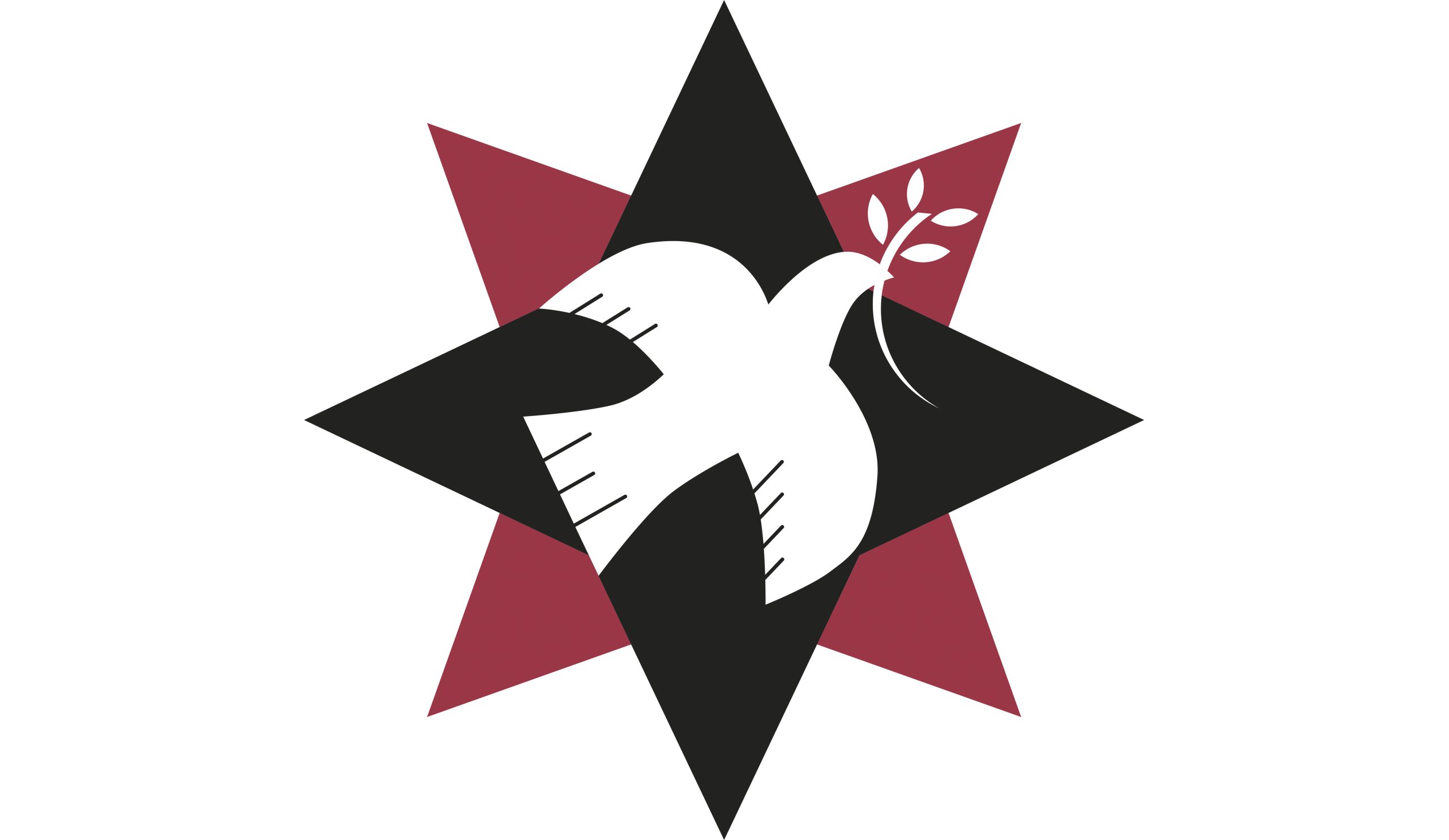Stop the violence and allow humanitarian access to Gaza — this is the strong call from Quakers from around the world in a statement issued this week.
The Quaker United Nations Office was among signatories to this statement, along with Quaker organisations that work on the ground in Palestine and Israel.
“The Israeli government must grant access and safety to the U.N. (United Nations) and humanitarian agencies to fulfill their duties. Instead of further bloodshed, we need immediate humanitarian access for Gaza and adherence to international humanitarian and human rights law,” reads the statement.
“We demand that national leaders, faith leaders, and journalists use their power and influence to bring a bold voice for humanitarian protection and to end ongoing war crimes. Wherever there have been war crimes and violations of International Humanitarian Law, there must be accountability.”
In their statement, Quakers also said that “violence such as this is never justifiable, and we insist that a ceasefire must be realized along with the return of all hostages”.
“Following the start of Israel’s attack, Israel also intensified its siege of Gaza, blocking access to water, food, fuel, electricity, and medicine in an act of collective punishment. It directly impacts all people in Gaza.
“People are going hungry and thirsty, and thousands are injured. Medicine is running out, hospitals do not have power and are operating on generators with limited fuel supplies, and overwhelmed medical facilities cannot help those in need. People are dying as a preventable humanitarian crisis deepens.
“The moral authority of the international community will be evaluated based on its response to the needs of communities in peril. The time for action is now.”
Quakers have a long history of carrying out humanitarian assistance and leading efforts to build peace in situations of conflict. Rooted in faith and spirituality, the Quaker conviction that peace will prevail on earth, as the scriptures of the great religions of the world have promised, struggles to find its footing amid such incredible violence and suffering.
“All efforts must focus on moving us away from an irreparable calamity,” continues the Quaker call.
“Strong leadership for peace – peace that addresses legitimate rights and needs and enables all parties to recognize each other’s humanity – is required. Further military action will not bring peace.
“We know this as Quakers who are committed to peace and as students of history. That is why we are calling for an immediate ceasefire and humanitarian access, and action to address the underlying injustice of occupation and inequalities underlying this situation in the long term.”
The full Quaker statement can be downloaded by scrolling down on this page.







